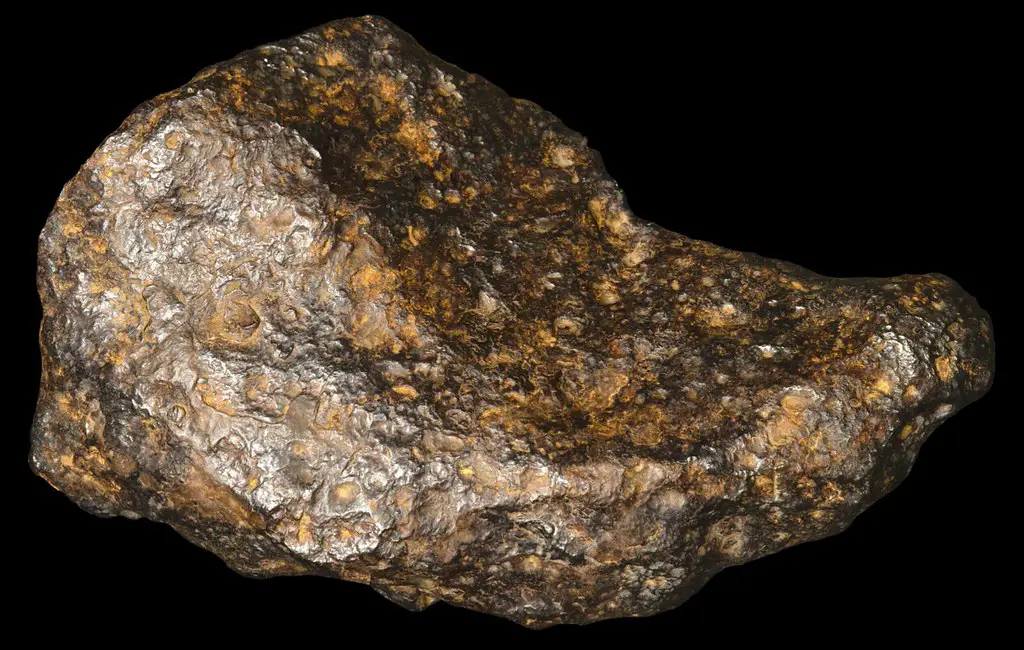Meteorites are fascinating objects that have captivated humanity for millennia, and with good reason. Because of the widespread perception that these rocks from space are both rare and precious, there is a possibility that some individuals will be motivated to steal them if they ever come across one. On the other hand, there are a lot of different reasons why you shouldn’t touch a meteorite.
- Concerns about the safety
The risk of injury is one of the primary arguments against handling meteorites. Meteorites are notorious for their heaviness, sharpness, and propensity for harm. Iron-based meteorites can weigh several pounds each and are notoriously difficult to work with due to their composition. In addition to this, meteorites frequently contain jagged edges that, if not handled properly, can inflict serious injuries. It is essential to keep in mind that meteorites are not simply rocks; rather, they are artifacts that have been transported through space and may have been subjected to conditions that are extremely high in temperature or extremely high in pressure.
- Legal issues
You shouldn’t pick up a meteorite for a number of reasons, one of which is that doing so might be against the law. It is against the law in many countries to collect or trade meteorites without first obtaining the appropriate licenses, as meteorites are protected by law. In the United States, for instance, meteorites are regarded as belonging to the federal government if they come to rest on public land or in waters governed by the federal government. If you take a meteorite into your possession without the appropriate authority, you risk being fined or possibly sent to jail.
- Scientific value
Meteorites are incredibly useful to scientists because the information they contain can shed light on how our solar system came to be and how it has developed over time. They provide hints about the chemical make-up of the early solar system and can provide light on the events that led to the development of planets like Earth and help us understand how the early solar system worked. If you pick up a meteorite and move it from where it was found, you are destroying vital scientific knowledge that may be utilized to further our understanding of the cosmos. If you leave the meteorite where it was found, you are not eliminating this information.
- Preservation
Last but not least, it is essential to keep in mind that meteorites are marvels of nature that need to be protected for the sake of future generations. We can assure that meteorites will continue to be available for scientific study and for people to experience their beauty and wonder as long as we leave them in the original place where they were discovered. If we remove meteorites from the natural environment in which they were discovered, we would deprive future generations of the opportunity to observe meteorites in the context of their original habitat.
To sum everything up, there are a lot of valid explanations as to why you shouldn’t pick up a meteorite. In addition to the risk of physical harm and the fact that it is against the law, this practice obliterates important scientific data and deprives future generations of the ability to appreciate the natural beauties that exist now. The most responsible thing to do in the event that you stumble across a meteorite is to leave it where it is and get in touch with a nearby museum or academic institution to report your find. They are able to assist you in determining whether or not it is a meteorite and provide direction on how to appropriately treat it.
![]()
